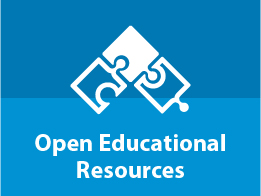Distinguished Lectures in Humanities: Virtual Language Learning—What Do We Know and Where Do We Go from Here?
Virtual reality (VR) provides an immersive and interactive setting for language learning, allowing learners to practise various aspects of language in context-rich, naturalistic environments. Unlike traditional book-based methods, VR-based language training is expected to engage a broader network of brain regions by integrating sensory, motor, and cognitive processes. This raises important questions in the field of experience-dependent brain plasticity—specifically, whether immersive learning leads to more widespread or qualitatively different neural changes compared to more focal learning approaches. The talk will open with an overview of short- and long-term brain plasticity, setting the stage for understanding how the brain adapts during language learning. It will then present key findings from research on virtual reality-based language training, highlighting its potential to enhance learning through immersive experiences. Finally, the talk will share preliminary results from ongoing studies on single-session Mandarin learning in VR, along with the recent development of an interactive language puzzle game aimed at exploring cognitive engagement and neural activation in virtual environments.
Event date: 12/9/2025
Speaker: Prof. Johan MÅRTENSSON
Hosted by: Faculty of Humanities
- 1:04:33




